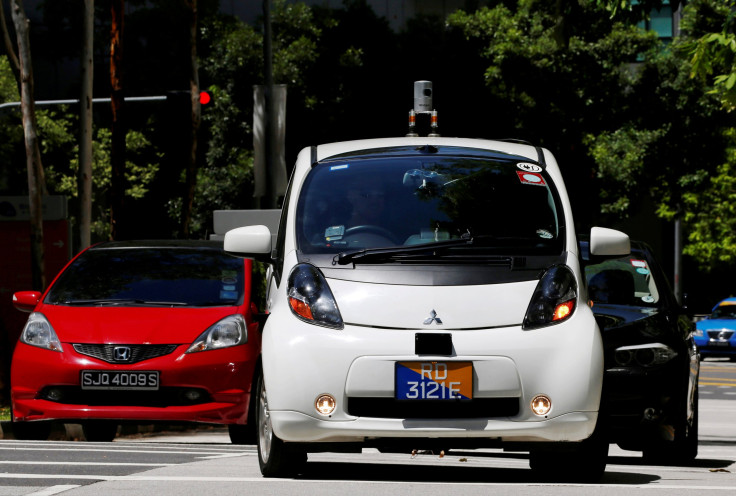Didi Chuxing, Yandex Developing Self-Driving Technology To Compete With Tesla, Waymo And Uber

Self-driving has had many takers despite not being a mainstream technology yet. The newest player on the scene is the Russian tech giant Yandex, which showcased its self-driving car Tuesday.
In the press release, the company detailed its plans to launch a self-driven taxi service. It stated that it plans to use driverless technologies for application across a wide range of industries.
While self-driving technology was being developed mostly in the U.S., tech companies from other parts of the world have also shown interest in it. Apart from Yandex, Didi Chuxing, China’s Uber-like ride hailing service set up a lab in Mountain View, California to develop artificial intelligence and self-driving technologies.
“Self-driving cars are set to revolutionalize the way we commute within a matter of a decade. At this point in time, there are dozens of companies around the world building their own driverless cars, but only a few of them have components crucial for turning this project into reality. These components include a stack of reliable technologies and algorithms, engineering expertise and resources, and access to the market for self-driving vehicles. Yandex.Taxi, with the backing of Yandex, is one of the few players who can boast of possessing all of the above,” said Dmitry Polishchuk, head of Yandex.Taxi Self-Driving Project.
The company used a modified Toyota Prius V to showcase its technology. The company fitted the car with its own mapping, navigation, computer vision and object detection technology. The company claims that its self-driverless technology will be able to function in complex environments such as busy city traffic using a combination of machine learning, artificial intelligence and its own “proprietary computing algorithms.”
The company aims to create a system with Level 5 self-driving technology. Self-driving technology is rated from 0-5 in terms of the amount of human intervention needed, with zero being the maximum and five being full autonomy with no need for human intervention. The company says that it will test the technology on public roads later this year.
Read: Judge In Uber-Waymo Lawsuit Rules Uber Can Continue Using Self-Driving Technology
With global tech giants developing their own self-driving technology, chances are that they might not be restricted by local laws as much as American companies. Self-driving tests are being done in many U.S. states, but testing them on public roads with everyday traffic presents a different challenge altogether. Different state Departments of Motor vehicles (DMVs) have tried passing different temporary orders to facilitate self-driving tests, but the ultimate test of self-driven vehicles would be how they behave on public roads.
Whichever way you see it, more companies stepping in the arena of self-driving means that there is more scope for development of the technology. While some of these companies such as Waymo and Uber have been fighting over the technology others such as Lyft and GM have been collaborating to further develop the technology.
© Copyright IBTimes 2024. All rights reserved.





















